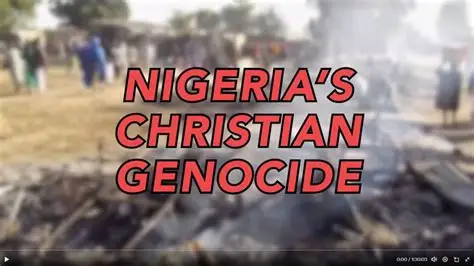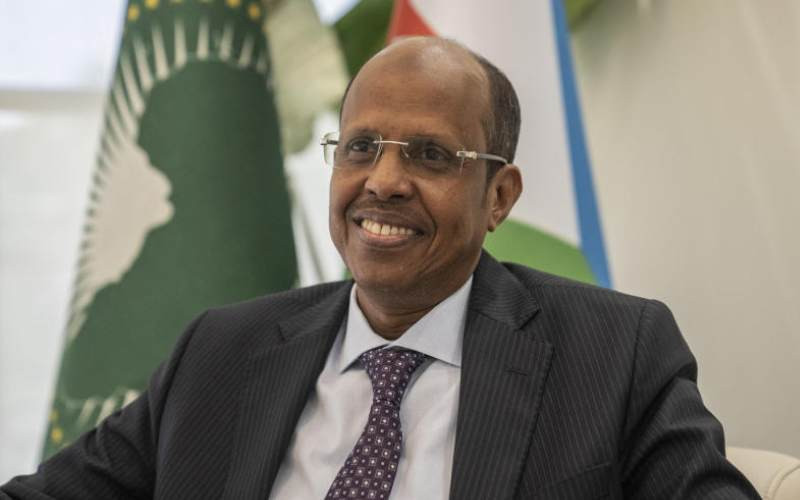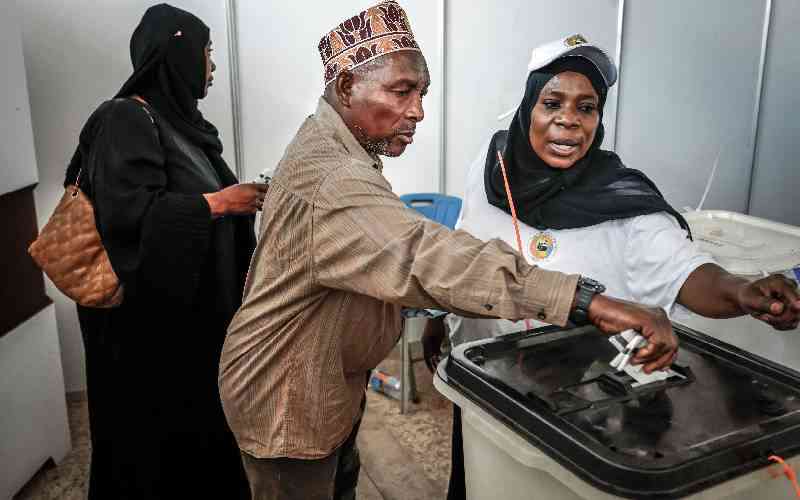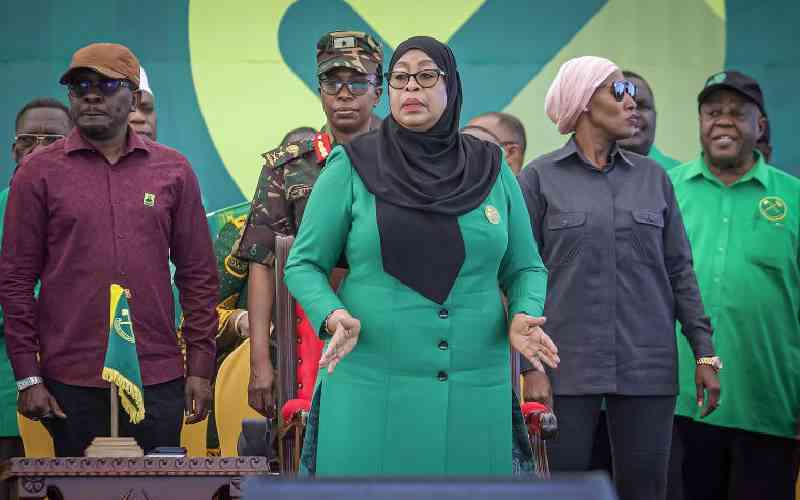Bloody Aftermath: Tanzanian Opposition Rejects Election Results Amid Deadly Protests

Tanzania has been plunged into a humanitarian crisis and widespread civil unrest following the disputed general election held on October 29, 2025. Protests erupted over allegations of electoral irregularities and the exclusion of key opposition challengers, quickly escalating into violent clashes between security forces and demonstrators. Eyewitnesses in cities such as Dar es Salaam, Mwanza, and Arusha have described horrific scenes where dozens have died and hundreds injured, with lifeless bodies left in the streets for days as authorities struggle to contain the chaos.
With emergency response services overwhelmed, residents have been forced to take matters into their own hands, using makeshift stretchers and handcarts to retrieve victims' bodies. A resident from Dar es Salaam's Temeke area explained, “We couldn’t just leave them there. The police were nowhere to be seen, and the bodies were beginning to decompose. We had to act.” Human rights groups estimate dozens of deaths, though precise figures are difficult to confirm due to restricted media access and intermittent internet blackouts. Hospitals across affected regions are reporting severe shortages of blood and medical supplies. In the absence of official intervention, religious leaders and volunteers have coordinated community burials, highlighting the severity of what has been called “beyond politics – a humanitarian crisis.”
Despite mounting evidence of violence and public outrage, the Tanzanian government has maintained a largely silent stance. State broadcasters have downplayed the unrest as “isolated incidents,” while President Samia Suluhu Hassan, declared the winner amidst vote-rigging allegations, stated from Dodoma that “When it comes to the security of Tanzania, there is no debate - we must use all available security avenues to ensure the country remains safe.” The government has dismissed opposition claims of hundreds killed as “hugely exaggerated” and rejected criticism of its human rights record. A nationwide curfew has been imposed since Wednesday, and internet access has been curbed, further disrupting daily life and limiting information flow.
The main opposition party, CHADEMA, vehemently rejected President Hassan's landslide victory, declaring the results “completely fabricated” and asserting that no genuine election took place. CHADEMA, which was barred from the election for refusing to sign a code of conduct and whose leader, Tundu Lissu, was arrested for treason in April, stated on X (formerly Twitter) that the countrywide demonstrations prove citizens reject the flawed electoral process. Opposition leader Tundu Lissu has called for international intervention, labeling the killings “a stain on the conscience of our nation.” Demonstrators' anger stems from the electoral commission's exclusion of Hassan's two biggest challengers and widespread arrests and abductions of opponents.
The lingering smell of tear gas, burned vehicles, shuttered shops, and deserted streets in towns like Bongo and Songea paint a haunting picture of a nation on edge. Many residents remain indoors, fearing renewed clashes, while others risk their lives searching for missing relatives. The disruption has also extended to international flights, which have been cancelled, and operations at Dar es Salaam's port, a crucial hub for fuel imports and metal exports, have been severely affected.
Internationally, the African Union, United Nations, and several foreign embassies have issued statements urging restraint and calling for an independent investigation into the violence. However, with ongoing reports of arrests and disappearances, fears persist that the situation could worsen before stability returns. Ordinary Tanzanians are left to bear the unbearable burden of retrieving the dead, comforting the injured, and attempting to comprehend a nation unraveling before their eyes.
You may also like...
The Death of Copycat Apps: African Developers Finally Building Products for African Realities

African developers are moving beyond imitation and building tech products rooted in local realities. From mobile money t...
The Weakest Link: How Humans endanger Cyber security

Cyber security breaches have often been attributed to technical failures, but however statistics prove otherwise pointin...
Ghana's New Digital Rules Redefining African Fintech Lending

Yesterday, The Bank of Ghana opened applications for the country's new Digital Credit Directive,
Pewbeam AI: Where Faith meets Innovation

The creation of Pewbeam AI has once again reinforce the idea that technology can be used to the glory of God and thanks ...
We Are the Headline We’ve Been Waiting For

Africa has spent decades being reported on, misunderstood, and misrepresented. Now, a generation of Africans creators, c...
It Doesn’t Pay to Be Nice! It’s Makes You The Heartbroken Guy

“It Doesn’t Pay to Be Nice!” is about the heartbreak of the modern nice guy, revealing how society rewards toxicity over...
The Crack in Nigeria’s Christian Genocide Debate

As violence grips Nigeria’s Middle Belt, the world debates whether it’s genocide or chaos. With Donald Trump’s threats t...
Pundit Power Play: Troy Deeney's Weekly Premier League Hot Takes Revealed!

BBC football pundit Troy Deeney will present his weekly choices for the Premier League's team and manager of the week af...




